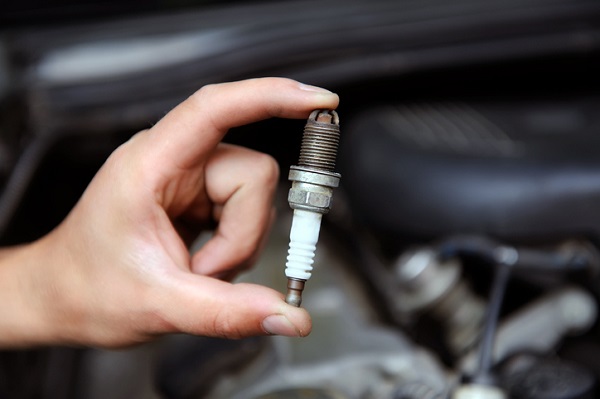Want to Become a Certified Mechanic? Watch Out for These 3 Common Causes of Engine Backfires
The sound of an engine backfiring is the last thing any driver wants to hear. When you become an auto mechanic, you’ll likely encounter at least a few customers with engine backfire problems, especially if they drive older vehicles. While an engine backfire can usually be fixed fairly easily, if it is not taken care of quickly the problem can develop into something much more serious, including permanent engine damage.
All backfires are the result of the combustion process occurring outside of the combustion chamber, such as in the air intake or exhaust system. However, there are many reasons for why combustion can occur where it shouldn’t be. Check out these three common sources of engine backfires to help you excel in your auto mechanic career.
If a Vehicle’s Fuel Mixture Is Running Rich the Engine May Backfire
A vehicle’s engine needs a steady ratio of fuel to air in order to run properly. If the engine is burning more fuel than it should, this is called “running rich.” When an engine runs rich, the fuel levels may be too high for the fuel to be burned quickly enough. As a result, when the engine’s exhaust valve opens, the unburned fuel enters the exhaust system where it comes into contact with hot components. This causes the fuel to ignite, which drivers hear as a popping sound.
If you have a customer whose vehicle is running rich, then you’ll need to use the skills learned in auto mechanic school to investigate and diagnose the problem. That’s because a rich fuel-to-air ratio can be caused by many problems, including a dirty air filter, worn out fuel injector, dirty spark plug, radiator problems, and so on.
When You Become a Certified Mechanic, You Should Watch Out for Spark Plug Problems
Spark plugs are designed to fire at very specific times and intervals. If the spark plug doesn’t fire on time, then it may fire when the exhaust valve is open. As a result, the spark creates an explosion in the exhaust valve which is heard as a backfire. If this happens it may be because the spark plug gap has widened, carbon has built up, or the spark plug wire, ignition coil, distributor, or rotor is damaged.

In any case, when you become a certified mechanic you should recommend customers get regular maintenance done on their ignition systems in order to prevent spark plugs from firing out of sync. Also, spark plugs need to be replaced regularly. Copper plugs should be replaced every 16,000 to 32,000 km, while iridium or platinum spark plugs should be able to last for more than 96,000 km.
Auto Mechanics Know to Watch Out for Lean Fuel Mixture If an Engine Backfires
Just as running rich can cause backfiring, the opposite problem—called running lean—can also cause backfires. Running lean refers to when the engine is running on too much air and not enough fuel. When the fuel mixture is too lean, the mixture may fail to ignite within the combustion chamber. As a result, when the exhaust valve opens, the unburned fuel enters the exhaust system where it is then ignited by hot components. Just like a rich fuel mixture, a lean fuel mixture can be caused by many issues, including a clogged fuel injector, faulty fuel pressure regulator, or by an issue with the fuel pump.
Want to learn more about auto mechanic careers in Cambridge?
Contact Automotive Training Centres today!


